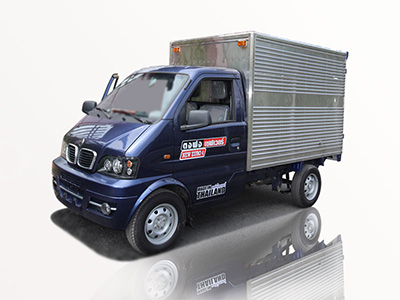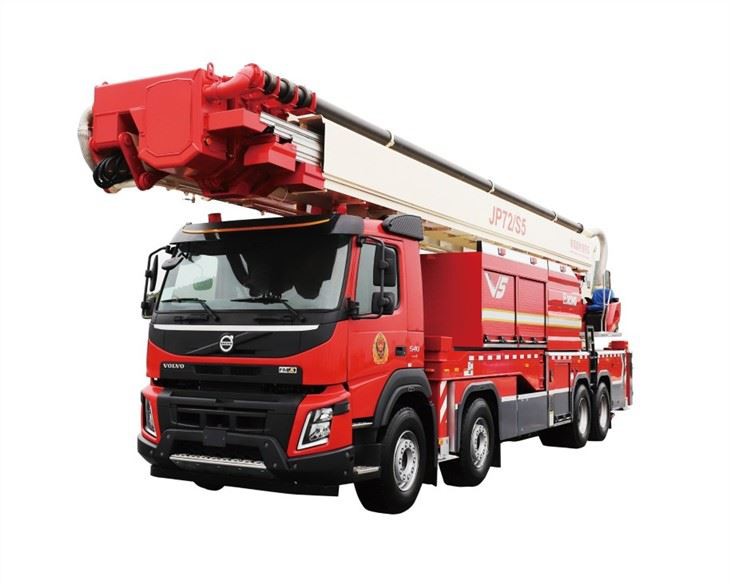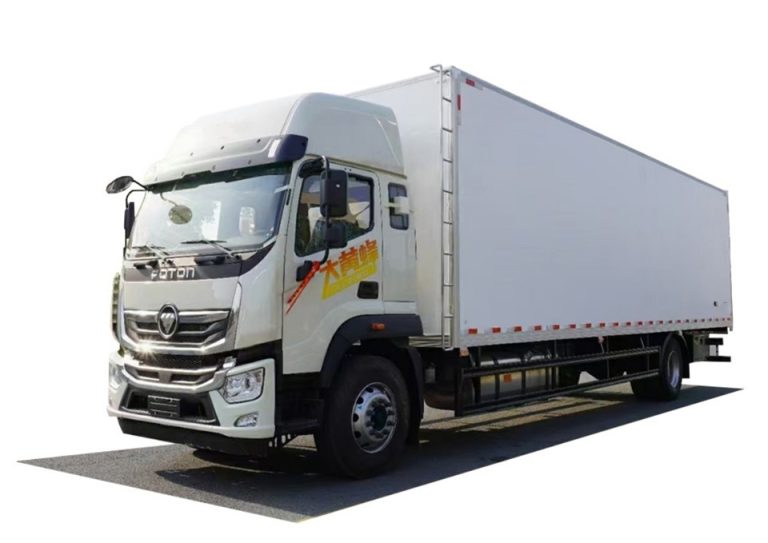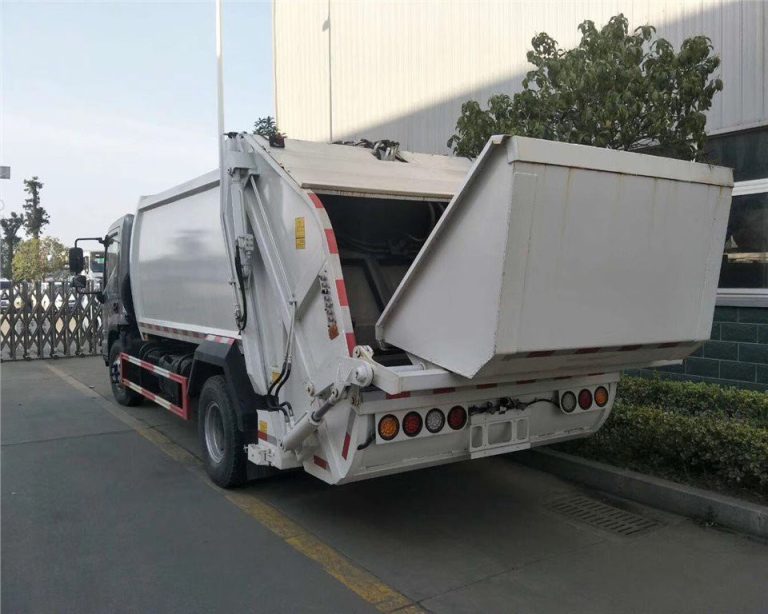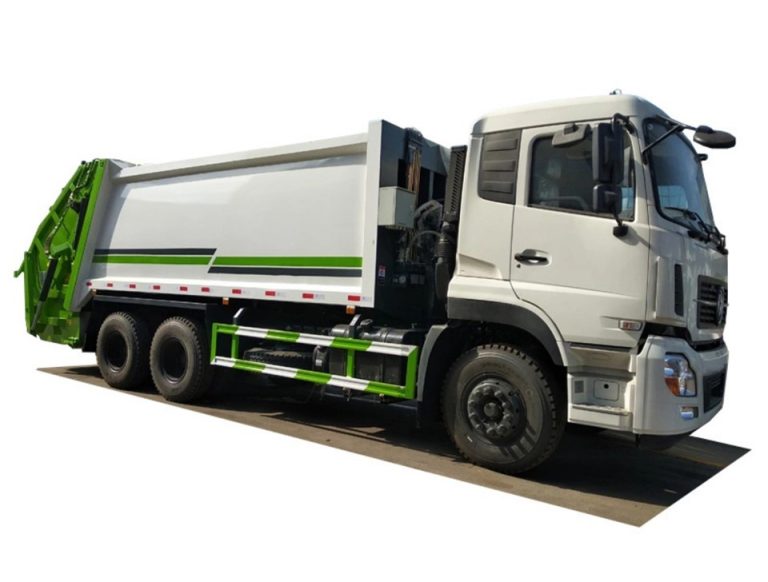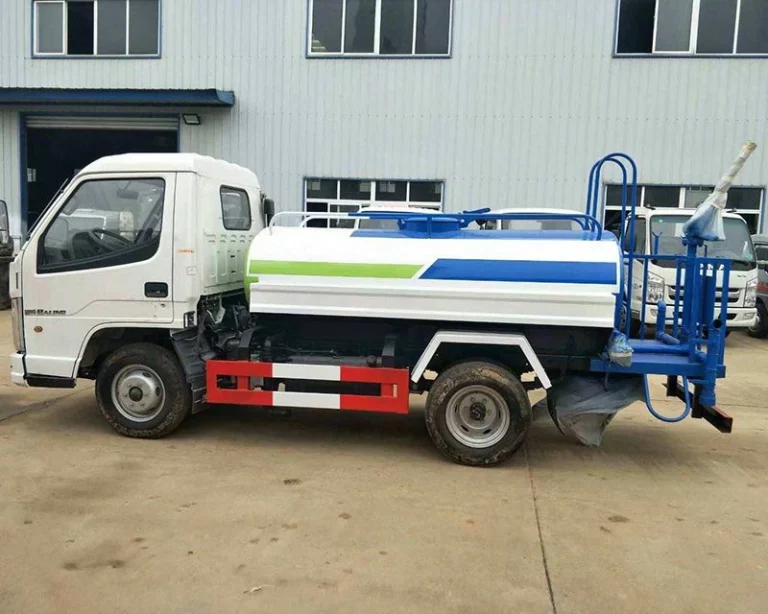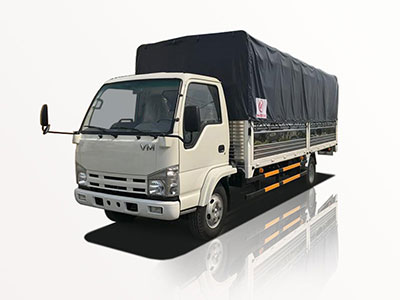Dump trucks play a crucial role in various industries, from construction to waste management. To ensure they operate safely and efficiently, regular preventive maintenance is essential. This comprehensive guide covers everything you need to know about creating and following a dump truck preventive maintenance checklist.
Understanding Dump Truck Preventive Maintenance
Dump truck preventive maintenance refers to a systematic approach to vehicle upkeep, aiming to prevent breakdowns, enhance performance, and lengthen the lifespan of the truck. Regular checks help identify potential issues before they escalate, saving time and costs associated with major repairs.
Why is Preventive Maintenance Important?
- Safety: Regular maintenance reduces the risk of accidents caused by mechanical failures.
- Cost Efficiency: Preventive maintenance often costs less than emergency repairs and can significantly reduce operating costs.
- Vehicle Longevity: Proper care can extend the life of the truck, maximizing your investment.
- Compliance: Adhering to preventive maintenance schedules helps meet industry regulations and standards.
Components of a Dump Truck Preventive Maintenance Checklist
A comprehensive preventive maintenance checklist for dump trucks should cover several key areas, including engine, tires, brakes, and more. Below are the components typically included in a thorough checklist.
1. Engine Maintenance
Oil and Filter Change
Regular oil and filter changes keep the engine running smoothly. Check the oil level weekly and follow the manufacturer’s recommended schedule.
Air Filter Inspection
The air filter should be checked every month and replaced when it appears dirty or clogged to ensure optimal engine performance.
Cooling System Check
Inspect the radiator and coolant levels regularly. A well-maintained cooling system prevents overheating and prolongs engine life.
2. Tire Maintenance
Tire Condition and Pressure
Inspect tires for wear and damage, including cuts, bulges, and cracks. Check and maintain the correct tire pressure as per the manufacturer’s specifications.
Alignment and Balancing
Regular alignment and balancing of tires improve handling and reduce tire wear. Check alignment every six months or as needed.
3. Brake System Maintenance
Brake Pads and Linings
Inspect brake pads and linings regularly for wear. Replace them when they reach the manufacturer’s recommended thickness.
Hydraulic Brake Fluid Level
Check the hydraulic brake fluid level and replace it according to the manufacturer’s guidelines. Contaminated brake fluid should be replaced immediately.
4. Electrical Systems
Batteries
Inspect battery terminals for corrosion, ensuring a good connection. Check the battery health and replace it if necessary.
Lighting Systems
All lights should be functional, including headlights, brake lights, and turn signals. Inspect lights monthly and replace burnt-out bulbs immediately.
5. Body Inspection
Frame and Chassis Inspection
Inspect the frame and chassis regularly for signs of rust, cracks, or damage. Address any issues promptly to avoid structural failures.
Dump Body Condition
Check the dump body for structural integrity and signs of wear. Ensure that the lift mechanism is functioning properly.
6. Fluid Levels Check
Hydraulic Fluids
Ensure that hydraulic fluids are at the proper levels. Low hydraulic fluid can lead to operational failures of the truck’s lifting mechanism.
Transmission Fluid
Check the transmission fluid level regularly, and replace it as per the manufacturer’s schedule to ensure smooth gear shifting.
7. Fuel System Maintenance
Fuel Filter Replacement
Schedule regular fuel filter replacements to ensure a steady flow of clean fuel to the engine.
Fuel Injection System
Inspect and maintain the fuel injection system to enhance fuel efficiency and engine performance.
8. Seasonal Maintenance
Winterizing
In colder climates, prepare dump trucks for winter by checking anti-freeze levels, inspecting the battery, and using winter-grade oil.
Summer Checks
During summer, ensure the cooling system is functioning efficiently. Check the air conditioning system as well.
Building Your Dump Truck Preventive Maintenance Checklist
A preventive maintenance checklist should be tailored to your specific dump truck model and operating conditions. Below is a template to help you build a checklist that suits your needs.
| Maintenance Item | Frequency | Status | Notes |
|---|---|---|---|
| Oil Change | Every 5,000 miles | ||
| Air Filter Inspection | Monthly | ||
| Tire Pressure Check | Weekly | ||
| Brake Inspection | Every 10,000 miles | ||
| Battery Check | Monthly | ||
| Hydraulic Fluid Level Check | Weekly |
Utilizing Technology in Maintenance
With advancements in technology, there are now several applications and software programs designed to assist in tracking maintenance schedules. Leveraging these tools can streamline the process for fleet managers.
Maintenance Management Software
Choose software that allows you to set reminders, log completed maintenance tasks, and keep records of inspections and repairs. This helps in maintaining compliance and efficiency.
Telematics Systems
Consider implementing telematics systems that provide real-time data on vehicle performance, alerting you to potential issues before they become critical. This proactive approach can prevent costs down the line.
Practical Tips for Effective Dump Truck Maintenance
- Keep Accurate Records: Maintain a log of all maintenance activities, inspections, and repairs.
- Train Staff: Ensure that all operators and maintenance staff are well-trained in identifying mechanical issues early.
- Conduct Regular Safety Training: Include safety protocols in training to ensure compliance and safety when operating dump trucks.
- Regularly Review and Update Checklists: Adapt your checklist based on experience and manufacturer recommendations.
Frequently Asked Questions (FAQs)
1. How often should I conduct preventive maintenance on my dump truck?
Preventive maintenance should typically be conducted every 5,000 miles or every three months, depending on usage. Follow your manufacturer’s guidelines for specific recommendations.
2. What are the most critical components to inspect during maintenance?
The most critical components include the engine, tires, brakes, and hydraulic systems. Regular checks here prevent serious issues.
3. Can I perform preventive maintenance myself?
Yes, many basic maintenance tasks can be performed by yourself, such as checking oil levels and tire pressure. However, more complex tasks should be handled by professionals.
4. Is it necessary to use OEM parts for replacements?
When possible, using OEM parts is recommended as they ensure compatibility and reliability. However, high-quality aftermarket parts can also be a good substitute.
5. How do I know if my dump truck is due for maintenance?
Keep a maintenance log and schedule that details due dates based on mileage and time intervals. Many modern trucks also have onboard systems that alert drivers to maintenance needs.
6. What should I do if I find a problem during inspection?
If you discover any issues, address them immediately to prevent further damage. Consult a professional mechanic if needed, especially for complex problems.
